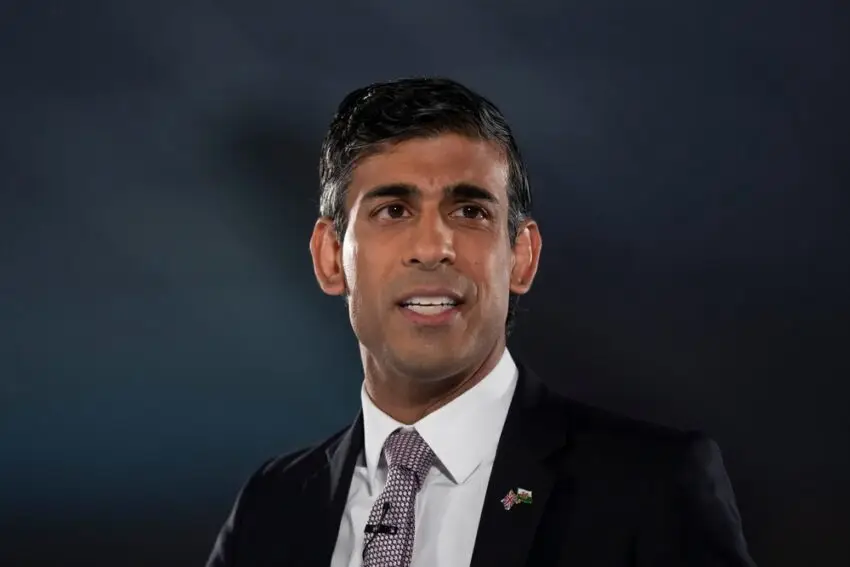In a significant policy move ahead of the upcoming election, the Conservative Party has announced plans to cap migrant visas annually. This policy will allow Members of Parliament (MPs) to vote on government proposals aimed at regularly reducing immigration numbers, based on recommendations from the expert Migration Advisory Committee (MAC). The Prime Minister, Rishi Sunak, affirmed his party’s commitment to taking “bold action” to address immigration if elected on 4 July.
Although no specific figures were provided for the potential cap, Sunak stressed that his party was the only one willing to take assertive measures to reduce immigration. Labour’s shadow home secretary, Yvette Cooper, criticised the announcement, accusing the Conservatives of “rehashing failed announcements” and highlighting that net migration had trebled under their governance. This announcement also coincides with Nigel Farage’s return to lead the Reform Party, which similarly focuses on reducing immigration, thereby increasing pressure on Sunak.
Some Conservatives have expressed dissatisfaction with current immigration levels, perceiving control over UK borders and the reduction of immigration figures as a crucial election battleground against Labour. The Prime Minister’s policy aims to distinguish his party from Labour, especially with a forthcoming debate with Labour leader Sir Keir Starmer. Sunak argued that granting MPs decision-making power would ensure that voters’ views are respected and reflected.
“The plan is working but migration levels are still too high, so we are going further,” Sunak stated. He accused Labour of intending to make the UK a “global magnet for illegal immigrants,” and asserted they had “no plan to reduce net migration.” The proposed cap would apply to worker and family visas but exempt temporary work routes, such as the Seasonal Agricultural Workers scheme. The MAC’s remit would prioritise the economic impacts of migration, including effects on public services, wages, and productivity.
Successive Tory governments under Theresa May, David Cameron, and Sunak have attempted to limit visas, most recently through the Illegal Migration Act. Despite these efforts, last year’s immigration levels were about three times higher than in 2019, although they were lower than in 2022. Over 300,000 work visas were granted in the year ending March 2024, more than double the number in 2019, according to official statistics.
New regulations introduced this year, including a ban on international students and social care workers bringing dependent family members and an increase in the minimum salary for skilled worker visas, have led to a decline in health and social care visa applications. However, care providers have warned of difficulties in filling tens of thousands of vacancies.
Nigel Farage, now leading Reform UK, criticised the population increase and advocated for “net zero immigration,” meaning the number of people entering the UK should equal those leaving. He argued for the admission of fewer unskilled immigrants, stating, “We don’t need any – we literally don’t need any,” suggesting this would lead to wage increases and skill development over university education. Speaking on BBC Radio 4’s Today programme, Farage downplayed Reform’s previous policy to relocate asylum seekers to British overseas territories, calling the idea impractical and indicating potential policy changes under his new leadership.
The debate on immigration remains a highly polarising issue in UK politics, with the Conservative Party positioning itself as the champion of more stringent immigration controls ahead of the election. The proposed cap on migrant visas, along with strengthened MP involvement in immigration decisions, highlights the ongoing contention and varied perspectives within the political landscape.


